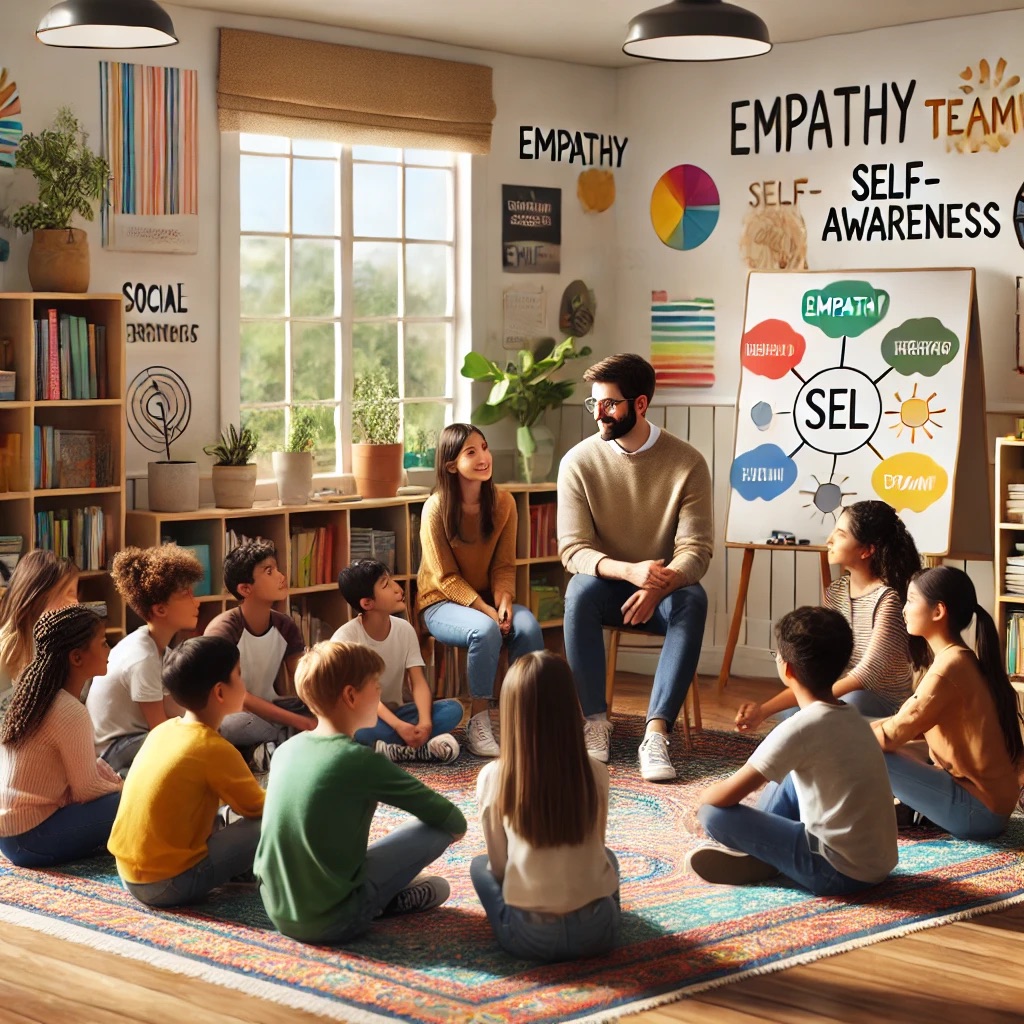What is a Situationship? Exploring the Pros and Cons

In modern relationship dynamics, the term “situationship” has become increasingly popular. Though not officially recognized in traditional psychological or sociological terms, a situationship is generally defined as a romantic or sexual relationship that exists without clear, established boundaries or long-term commitment. Unlike casual dating, situationships often involve a level of emotional connection that blurs the lines between a formal relationship and something more casual.
A situationship typically arises when two individuals engage in a relationship-like dynamic without defining their intentions. Unlike a committed relationship, a situationship often lacks labels and exclusivity. It can involve spending time together, sharing emotional intimacy, or even acting like a couple in public, but without the explicit commitment of being “official.”
Characteristics of a Situationship
- Lack of Definition: Neither party defines the relationship.
- Inconsistent Communication: There may be regular interaction at times, followed by periods of distance.
- Emotional Ambiguity: Both individuals may feel uncertain about where they stand.
- Physical Intimacy Without Exclusivity: Sexual involvement may occur without an agreement to be monogamous.
The Pros of a Situationship
- Flexibility and Freedom: A situationship allows individuals to explore a connection without the pressures of long-term commitment. For those focusing on careers, education, or personal growth, it can provide companionship without demanding a structured relationship.
- Source: Kaplan, H. (2020). “Modern Relationship Dynamics.” Journal of Social Psychology.
- Low Pressure: Situationships often lack the formal expectations tied to traditional relationships, reducing stress related to meeting familial or societal norms.
- Exploration of Compatibility: It can serve as a testing ground to evaluate compatibility before entering a committed relationship.
- Autonomy: Both individuals retain their independence, allowing for personal freedom and decision-making.
The Cons of a Situationship
- Emotional Uncertainty: The lack of clarity can lead to confusion, anxiety, or unmet expectations. People involved in situationships often report feelings of insecurity about the other person’s intentions.
- Source: Miller, R. S. (2018). “Emotional Costs of Ambiguous Relationships.” Relationship Studies Quarterly.
- Uneven Investment: One party may develop deeper feelings, leading to a mismatch in emotional investment and potential heartbreak.
- Lack of Growth: Without clear direction, a situationship may stagnate, leaving individuals in a limbo that prevents them from pursuing more meaningful relationships.
- Social Challenges: Explaining a situationship to friends or family can be challenging, often leading to judgment or misunderstanding.
Navigating a Situationship
To navigate a situationship successfully, open communication is essential. Discussing intentions and boundaries early on can help both parties align their expectations. If the relationship becomes unfulfilling or one person desires a more formal commitment, addressing these concerns is crucial to avoid prolonged emotional strain.
A situationship can provide a casual and flexible connection for individuals who are not ready for a formal commitment. However, it carries the risk of emotional ambiguity and unmet expectations. Understanding the pros and cons can help individuals decide whether a situationship aligns with their personal goals and emotional well-being.

John S. Collier, MSW, LCSW-S
This article has been written by John S Collier, MSW, LCSW-S. collier has over 25 years of experience in the social work field. he currently serves as the Executive Director and outpatient provider at Southeast Kentucky Behavioral Health based out of London Kentucky. He may be reached by phone at (606) 657-0532, extension 101 or by email at [email protected]
References
- Kaplan, H. (2020). “Modern Relationship Dynamics.” Journal of Social Psychology.
- Miller, R. S. (2018). “Emotional Costs of Ambiguous Relationships.” Relationship Studies Quarterly.
- Carter, P. (2019). The New Rules of Love: Understanding Modern Relationships. HarperCollins.
- Johnson, T. A. (2021). “Navigating Emotional Ambiguity in Situationships.” Psychology Today.





